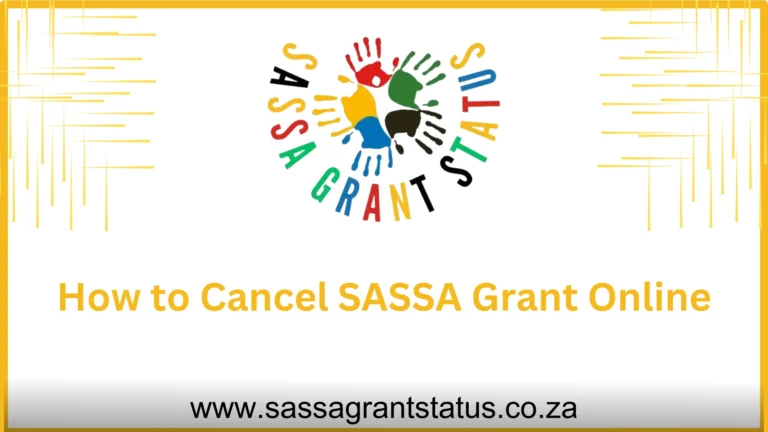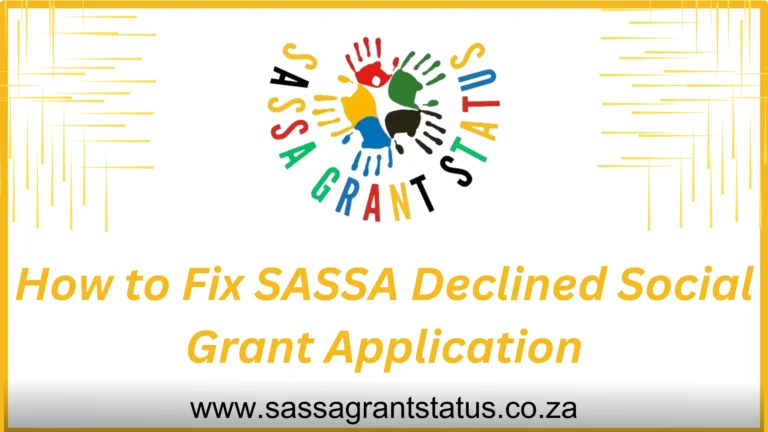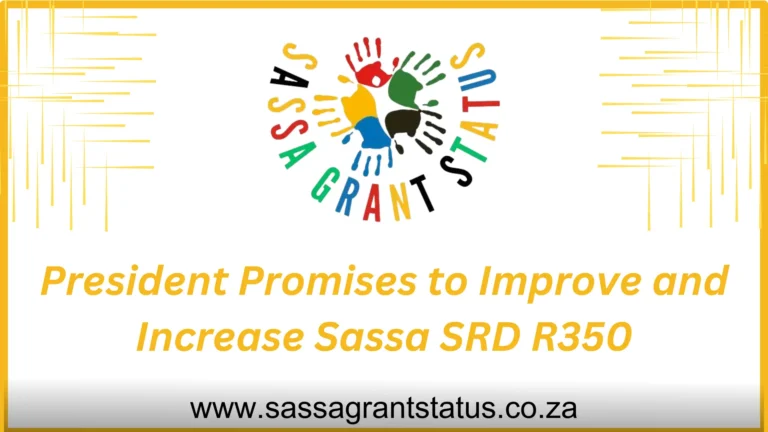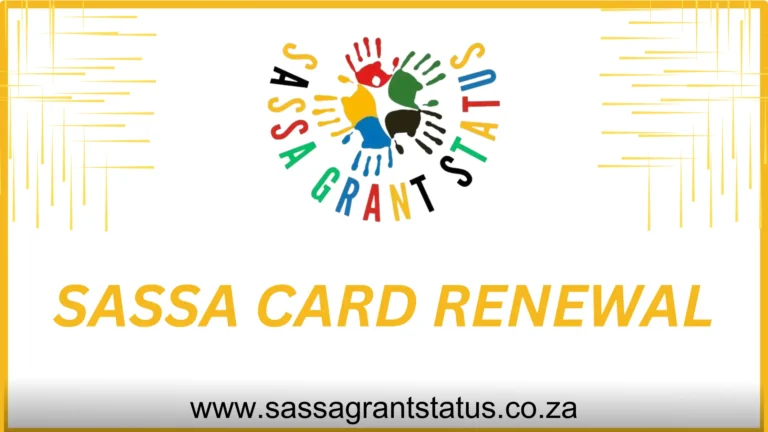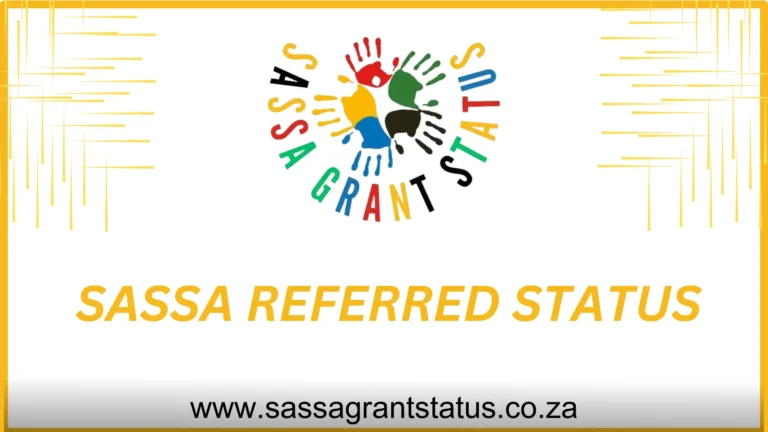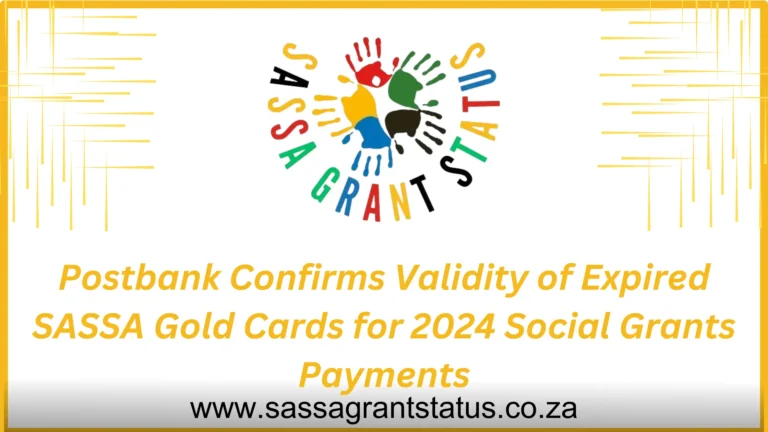SASSA Means Test
The SASSA Means Test is a crucial tool used by the national agency to verify and approve social grant applications, including the R350 grant and other social grants in South Africa. It ensures that only those who truly need financial assistance receive it, by checking each applicant’s eligibility and declining those who exceed the income and asset threshold limit.
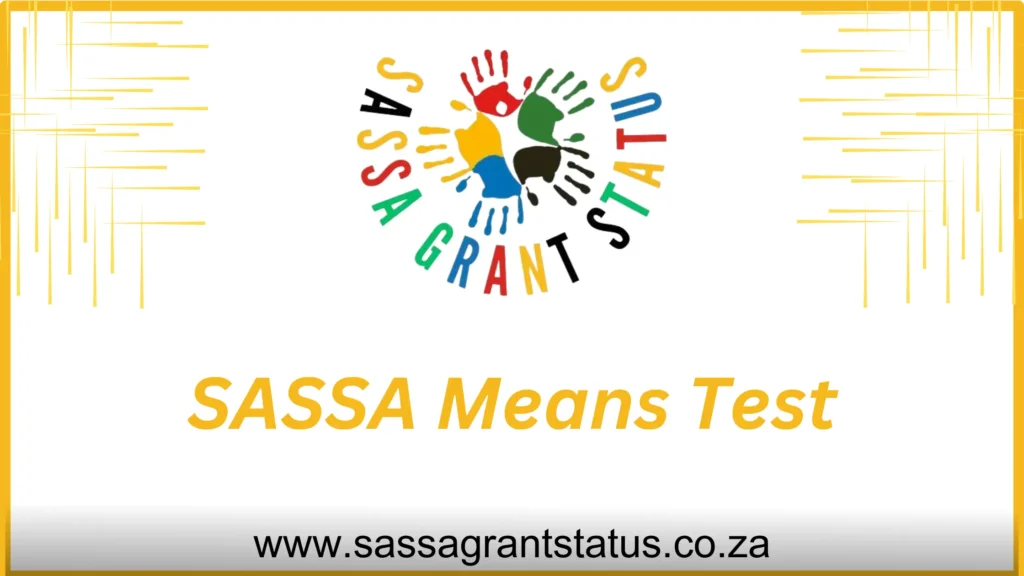
The SASSA Means Test is an important evaluation that determines if you qualify for assistance. It checks to make sure your income is below a certain threshold and that you are not receiving extra financial support from sources like UIF payments for social grants or the R350 Social Relief of Distress grant.
Mastering the SASSA Means Test for Social Grants
Easily understand the key aspects of the SASSA Status Check process and learn everything related to the Means Test, which determines if you are eligible for assistance based on your financial means. Check how the SASSA Means Test influences your eligibility.
1. Determining Eligibility
The SASSA means test determines your eligibility for essential financial assistance. In order to qualify for the SASSA social grant or SASSA SRD R350 grant, you must meet certain criteria established by the South African Government. Let’s go over the details.
- Income Assessment: Your income is a crucial factor in determining your eligibility for the means test. If your financial situation meets the specified criteria, you can receive the grant. However, if your income surpasses the threshold, you may not be eligible for assistance.
- Asset Evaluation: In addition to your income, the government also considers your total assets when determining your eligibility. Providing accurate information about your assets during the application process is crucial.
Important Note: It’s important to note that your bank balance can have an impact on your eligibility for the SASSA Means Test. It’s recommended to keep a low bank account balance in order to meet the criteria for SASSA payments and prevent any potential rejections.
2. Ongoing Eligibility
The SASSA means test is an ongoing assessment rather than a one-time evaluation. Your financial situation will be periodically reviewed to ensure that the grant continues to support those who need it the most. This is how the SASSA Review process assesses the ongoing eligibility of each applicant.
- Monthly Reviews: Once the grant payments begin, your financial status will be regularly reviewed every 30 days to ensure that you continue to meet the eligibility criteria and that the assistance is going to those who truly need it.
- Changes in Circumstances: It is important to promptly notify SASSA if your financial situation changes while receiving the grant. Any change in your income or assets could impact your eligibility, and not reporting these changes could cause problems in the future.
Important Notice: SASSA conducts regular reviews of both new applicants and current beneficiaries to determine their eligibility for monthly grants. The Means Test is used to ensure that all beneficiaries continue to meet the requirements, and if they no longer qualify, funds are reallocated to support other individuals in need.
3. Prioritizing the Needy
The main goal of the SASSA means test is to prioritize individuals and families who are truly in need of assistance. By assessing your financial circumstances, the government can allocate support to those facing economic difficulties, making sure that the limited funds are used where they can have the greatest effect.
4. Preventing Misuse
The means test is designed to effectively address the concern of misuse of social grants. For married applicants, the test considers combined incomes to maintain the integrity of the system, helping prevent ineligible individuals from receiving funds and ensuring that financial aid reaches those who genuinely require it.
SASSA Grant Requirements Means Test
The SASSA Means Test is applicable to all social grants, including the Disability Grant, Older Person Grant, Child Support Grant, Foster Child Grant, Care Dependency Grant, War Veterans, and Grant In Aid applicants. This also includes both new applicants who have recently submitted a SASSA online application and approved beneficiaries who are already receiving monthly assistance.
Income and Assets Threshold Means Test for SASSA Social Grants
It is important to stay updated on the income and assets threshold set by the SASSA Means Test in order to assess your eligibility and access the support you need from SASSA. Keeping informed about SASSA requirements is crucial to prevent any interruptions in your grant payments.
For Older Persons, Disability, and War Veterans Grants
If you are single, your assets must not exceed R1,313,400 as of October 2022, and your annual income should be under R92,520.
If you are married, your combined assets should be below R2,626,800, and your annual income should not exceed R185,040.
For Child Support Grant
If you are single, your annual income should not exceed R57,600.
If you are married, your combined annual income should be below R115,200.
For Foster Child Grant
There is no means test for the Foster Child Grant, so your assets and income do not affect eligibility. Foster parents must provide a court order indicating foster care status.
For Care-Dependency Grant
If you are a single parent or primary Care Dependency Grant caregiver, your assets should be under R238,800.
If you are a married parent or primary caregiver, your combined assets should not exceed R477,600.
SASSA SRD R350 Threshold Means Test
In order to qualify for the R350 grant, which provides temporary support to people experiencing financial hardship and unemployment, you must undergo the SASSA means test to determine if your income and assets fall below the required threshold. This ensures that the assistance is given to those who truly need it and have limited resources.
Income and Assets Threshold Means Test for SRD R350 Grants
The SRD R350 Grant is for individuals. To qualify, your income should be less than R624.
SASSA Means Test checks your bank account monthly to confirm eligibility.
Important Announcement by SASSA Team for R350 Applicants
The means test income threshold for the COVID-19 SRD has been recently updated, increasing from R350 to R624.
In order to be eligible for the SRD R350 grant, individuals need to have a maximum of R624 in their bank accounts for the specific month in question.
To qualify for the SASSA SRD grant, your income must be below R624. SASSA regularly reviews recipients’ bank accounts to confirm their income status. Sassa Status Check

